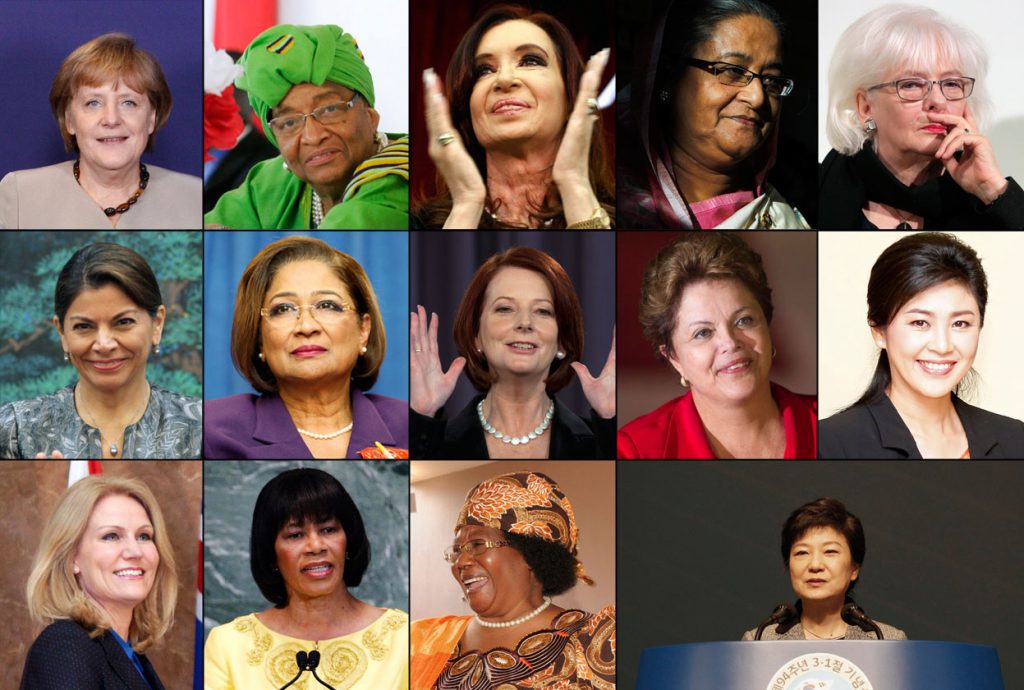By: Eruke Ojuederie
Following Theresa May’s victory at the polls on June 8, the controversies surrounding her Brexit move have sparked up a fresh debate.
The British Prime Minister has taken steps towards assuring European Union citizens living in Britain, that their activities will not be disrupted when the move is completed. This has not been much of an assurance as EU citizens are yet to determine what the future holds for them.
According to the exit plan, those who meet the five-year rule would be able to apply for the “settled” status. This is assumed to be more like a temporary citizenship which allows them to live and work in Britain.
Since Theresa May moved for Britain’s exit from the European Union, skeptics have questioned her style of governance and in fact the role of women in the political scene.
Despite recent moves by women across regions towards participating in political activities, party movements, and taking up roles in government circles, the performance of women in these spaces has not been encouraging as their tenures have been marred with alleged corrupt practices and incompetency.
Already, Prime Minister May has been accused of sending a lot of money overseas, and recently during the first Prime Minister’s Question Time since the election, Philip Davies, a British Conservative Party politician and Member of Parliament (MP), told Ms. May in a reference to this year’s terrorist attacks: “The repeated claim that spending ever-increasing amounts of money on overseas aid keeps this country safe has been shown by recent events to be utter nonsense.”
Some groups have predicted that the current Prime Minister will not last a year in office. According to reports, some ministers are even favouring Chancellor of the Exchequer Philip Hammond to replace Ms. May before the party’s October conference, as part of an alliance with Brexit Secretary David Davis.
Wall Street bank Citigroup has predicted that Theresa May’s Government will not last longer than a few months and that there will likely be another general election within the next year. In a research note, the lender described Ms. May’s role as prime minister as “unsustainable”.
What is the future of women in governance and politics?
It is not enough for women to aspire to be world leaders and push towards breaking glass ceilings. Women need to learn the art of politicking. It is important that women discuss the pros and cons in governance and make strategic plans towards succeeding in this sphere of influence. Until this is done, the leadership of governments of the world will be largely male-dominated.
Although there have been exceptional cases where women have recorded notable achievements in governance, these account for little when considering the struggle for gender equality and the fight to break gender marginalization across regions.
Leadership schools exclusively for women should take up the responsibility of training and produce solid candidates who are not only strong contenders but who will also deliver on their mandate effectively. Women have to be taught to be champions of their world not by being stiff-necked but by carefully analyzing situations, weighing options, and making the most factual and reasonable decisions possible.
As custodians of the home, there is no doubting the fact that women have innate leadership abilities, however, in other to adequately utilize this skill for the growth, development, and enhancement of nations of the world, there is the need for the leadership skill to be honed.
The importance of self-development cannot be overemphasized. Women across regions regardless of their career path choices, are to engage in conscious self-development practices in order to be fully prepared for leadership tasks ahead. By this, there will be higher chances of success and as a result, more opportnunities to govern.




